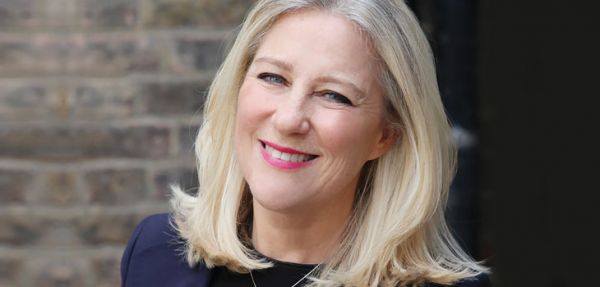
The results of a Bar Council survey between 16 June and 6 July are bleak―16% of self-employed barristers actively want to leave as a result of the pandemic (for 20 years, this has been no more than 4% yearly). Court closures and interrupted cases have left self-employed barristers working half their normal hours, with fee income reduced by 59% (69% for publicly funded barristers who do crime, immigration, housing and family law).
Long-term sustainability is a major problem. Half of those who mainly do publicly funded work say they are already suffering financial hardship, and a further 41% expect to, while 29% are uncertain whether they will renew their practising certificate next year (rising to 36% of immigration practitioners). A mere one in five expect to be practising from their current chambers in a year.
However, the impact is widely felt, with 9% of commercial, 10% of chancery and 18% of personal injury barristers uncertain if they will renew their practising certificate in 2021.
Government support has had a limited impact―of the 16% of barristers who applied to the Bounce Back Loan Scheme, only 57% were successful, and only 21% of barristers have benefited from the Self-Employment Income Support Scheme.
Amanda Pinto QC, Chair of the Bar (pictured) said: ‘We had hoped to see some green shoots by now, but this shocking evidence suggests the opposite.
‘The justice system won’t last much longer unless those essential to it are supported, just like others working in the public sector and playing a crucial role in society. Recovery looks a long way off and, when barristers cannot afford to stay in their profession, the public will lose out on vital help. The government cannot avoid intervening any longer.’
View the survey results at: bit.ly/3hEdqOs.









